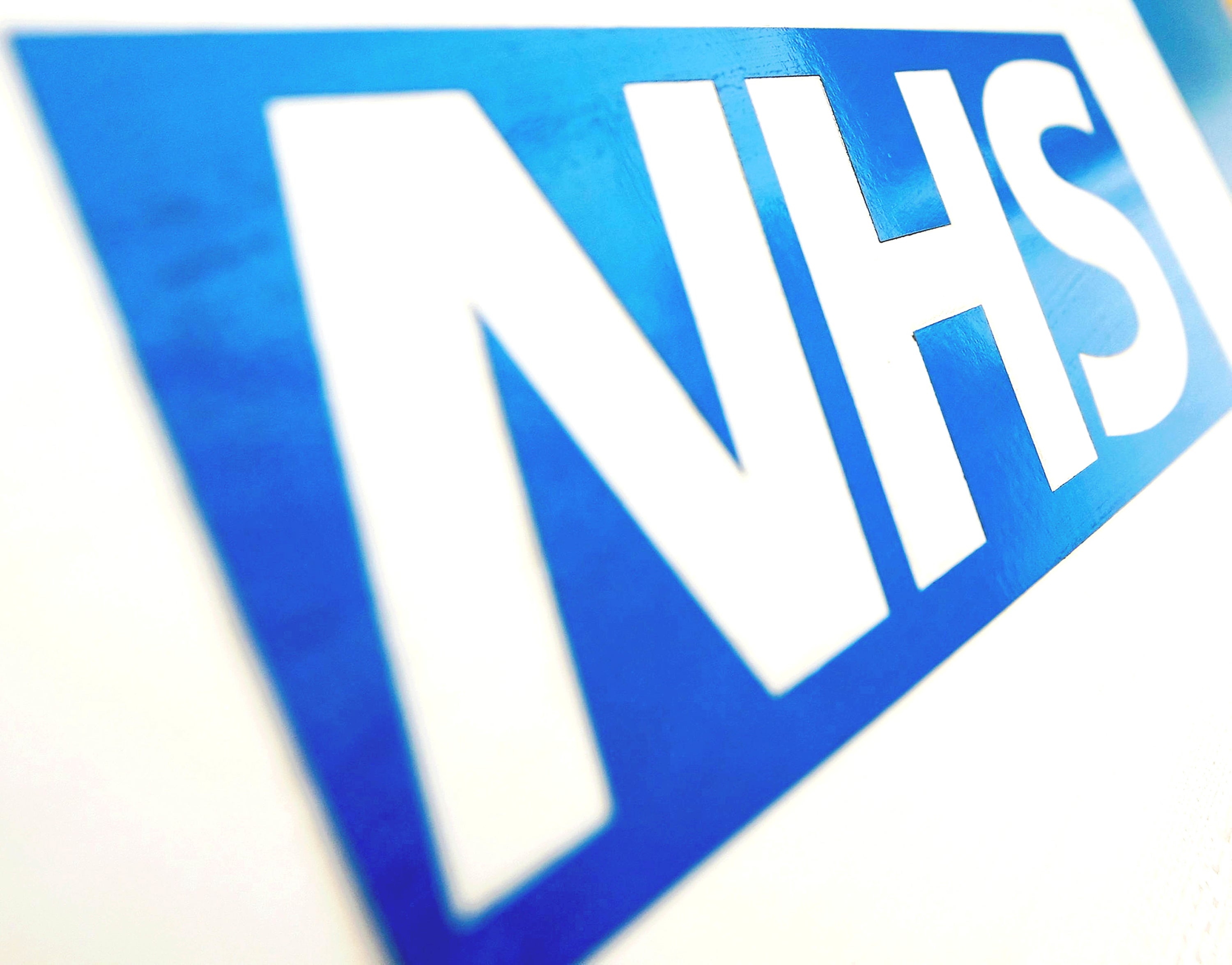Campaign to increase awareness of sickle cell disorder
NHS England is launching the Can You Tell It’s Sickle Cell? campaign on World Sickle Cell day.

A new campaign is being launched to help increase awareness of sickle cell disorder.
NHS England is launching the Can You Tell It’s Sickle Cell? campaign, which will help publicise the key signs and symptoms of the disease.
A new NHS training programme will also help staff better understand the condition, crises, and how to care for patients.
The campaign launch, which takes place on World Sickle Cell Day on Sunday, comes less than a year after the NHS struck a deal to roll out the first sickle cell treatment in 20 years, which will help as many as 5,000 people over three years to have a much better quality of life.
People with the disorder, which disproportionately affects people from black African and Caribbean backgrounds, experience severe pain during a “sickle cell crisis” that can occur many times a year, often requiring hospital admission so they can be given morphine to control the pain and prevent organ failure which can be fatal.
Symptoms of a crisis include, but are not limited to, severe pain, fever, one-sided paralysis, difficulty walking, sudden vision changes and confusion.
Speaking at NHS Confed/Expo on Wednesday, NHS chief executive Amanda Pritchard said: “I heard really powerful stories from patients living with sickle cell disease about their experience of the wider health service, how they have been treated appallingly when they have needed to go to A&E, so much so that they told me they have to think twice and often delay coming forward for care when they need it.
“This brings us back around to tackling health inequalities.
“One of the patients I spoke to asked: ‘If I was white, would I be treated like this?’ She didn’t trust that the NHS as a whole viewed her as an equal. That has to change.
“I’m determined that we need to make things better for this particular patient group, but this also speaks to how we need to improve experiences for all patients, earn the trust needed to ensure that every individual feels able to seek help when they need it, and feels they will be listened to if they tell us something isn’t right.”
John James, chief executive at Sickle Cell Society, said: “It is really great to see the first NHS national campaign for sickle cell disorder go live.
“Sickle cell disorder is a debilitating condition affecting individuals and families.
“We need to significantly raise awareness of this disorder.
“Only through increased awareness and education amongst health care professionals and the general public will we start to see improvement in patient experiences and ultimately their health outcomes.”
Bookmark popover
Removed from bookmarks